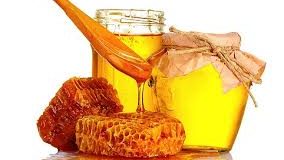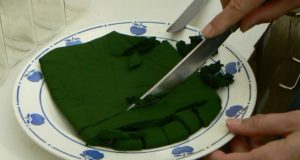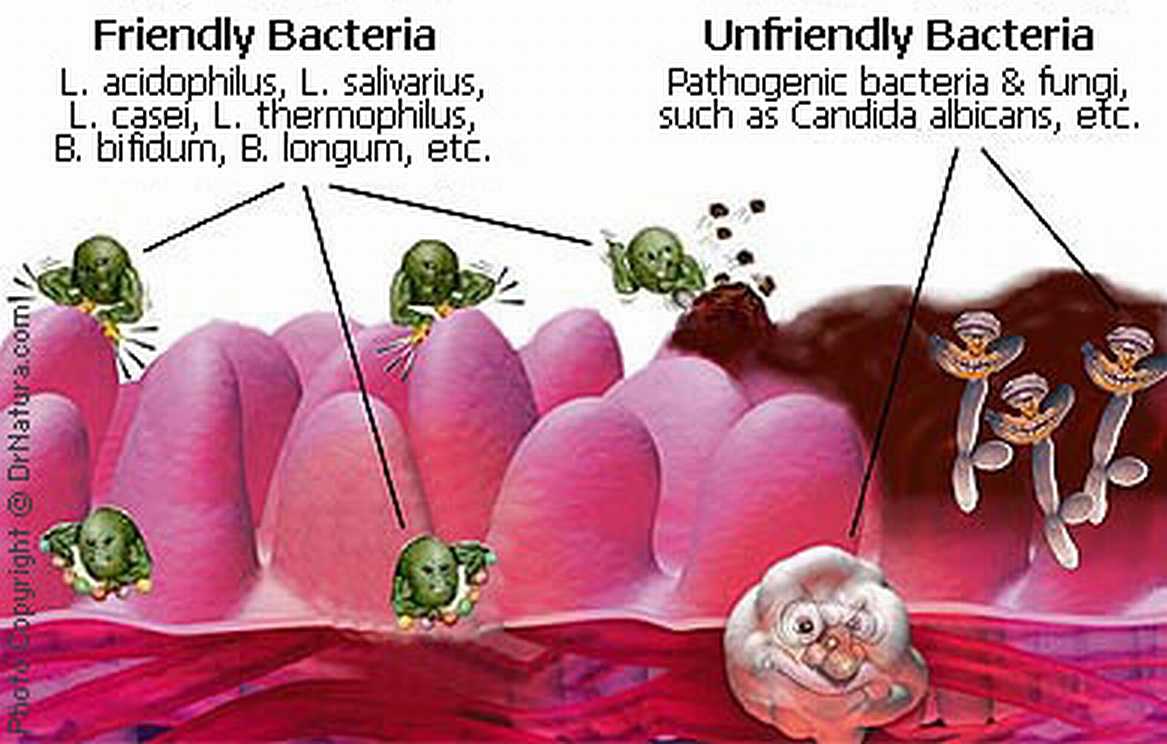
In Oriental Medicine, the nature and quality of food including its flavour, taste and heat/cold nature, determines its healing potential and its ability to balance or unbalance the body, through affecting the Blood, Qi and other body fluids.
There are many ‘diets, and the aim of this perspective on food and nutrition, is not to give you another ‘diet’ to follow rigidly, but rather, to give you some simple guidelines from a combined western and oriental perspective. These will give you a way to gently nurture and support your body from the inside.
The Water Element which governs the Kidney and Bladder organs in Traditional Chinese Medicine, relates to the season of winter, and it the most yin part of the seasonal cycle. It is the time for introspection, rest, putting oneself into a receptive mode and storing energy, nutrients and Chi. It is also about warming the body’s core.
The flavours that support the Water energy are the salty and bitter flavours, because they promote a sinking, centering quality.
Bitter foods include lettuce, endive, watercress, turnip, celery, asparagus, alfalfa, rye, oats, quinoa, amaranth and citrus peels.
Salty foods include, miso, soya sauce, seaweeds, millet and barley.
The Kidneys in Traditional Chinese Medicine are seen as the core of the body and are the foundation of all yin and yang qualities in the body.
The Yin energy is about nurturing, supporting, stabilizing, moistening and building the body. The Yang energy warms, energizes, and animates the body. The Kidneys also store the Jing essence, which is the Qi (vital energy) passed on from the parents. Jing determines the constitution and health of the person, and once it is used up, life ceases. Certain foods nourish Jing, and will promote the growth, renewal and development of the body and mind, resulting in more vitality, longevity, increased reproductive capacity and protection from premature ageing.
The Kidneys can manifest a deficiency of Kidney Yin and/or Kidney Yang, Deficient Kidney Qi, (which is not as deep as a Kidney Yang deficiency and Jing (essence) deficiency.
Symptoms of Kidney Yin deficiency are those which indicate a drying up of internal fluids and an increase in deficient heat symptoms. For example, dry mouth and throat, fever, dizziness, tinnitus, constipation and spontaneous sweating.
Symptoms of Kidney Yang deficiency include cold extremities, an aversion to cold, lack of sexual desire, frequent clear urination, weak knees and back and a pale complexion.
Foods that nurture Kidney Yin include millet, barley, tofu, string beans, black beans, kuzu, watermelon, berries (black, mulberries, blue) potatoe, seaweeds, spirulina, chorella, black sesame seeds, sardines, crab, clams, eggs, pork and cheese.
Foods that nurture Kidney Yang include cloves, fennel, anise, black peppercorn, ginger, cinnamon, onion family, chicken, lamb, trout, salmon, quinoa and walnuts.
Foods that build up the Kidney Chi include parsley, wheat berries and sweet rice.
Foods that nourish Jing essence include chorella, spirulina, fish, liver, kidney, bone and marrow, almonds, milk, ghee, royal jelly, bee pollen, plus vitamin A and B12.
A common imbalance in the Bladder is a condition known as Damp Heat in the Bladder, in western terms a Bladder infection. This indicates that dampness and heat have combined in the bladder, producing symptoms of burning, painful or frequent urination, sometimes fever, thirst and a sensation of urinary fullness.
Bitter, cooling and alkanizing foods help reduce dampness and heat.
Useful foods for damp heat conditions include aduki beans, lima beans, celery, carrots, winter squash, potatoes, asparagus, mushrooms, lemon and cranberries.
Eating lightly (vegetable broths) and drinking plenty of fluids is the best recommendation, especially in the acute stage of the infection.

Source by Michelle Locke
 Vitamin Agent The Health & Naturalistic Source
Vitamin Agent The Health & Naturalistic Source





